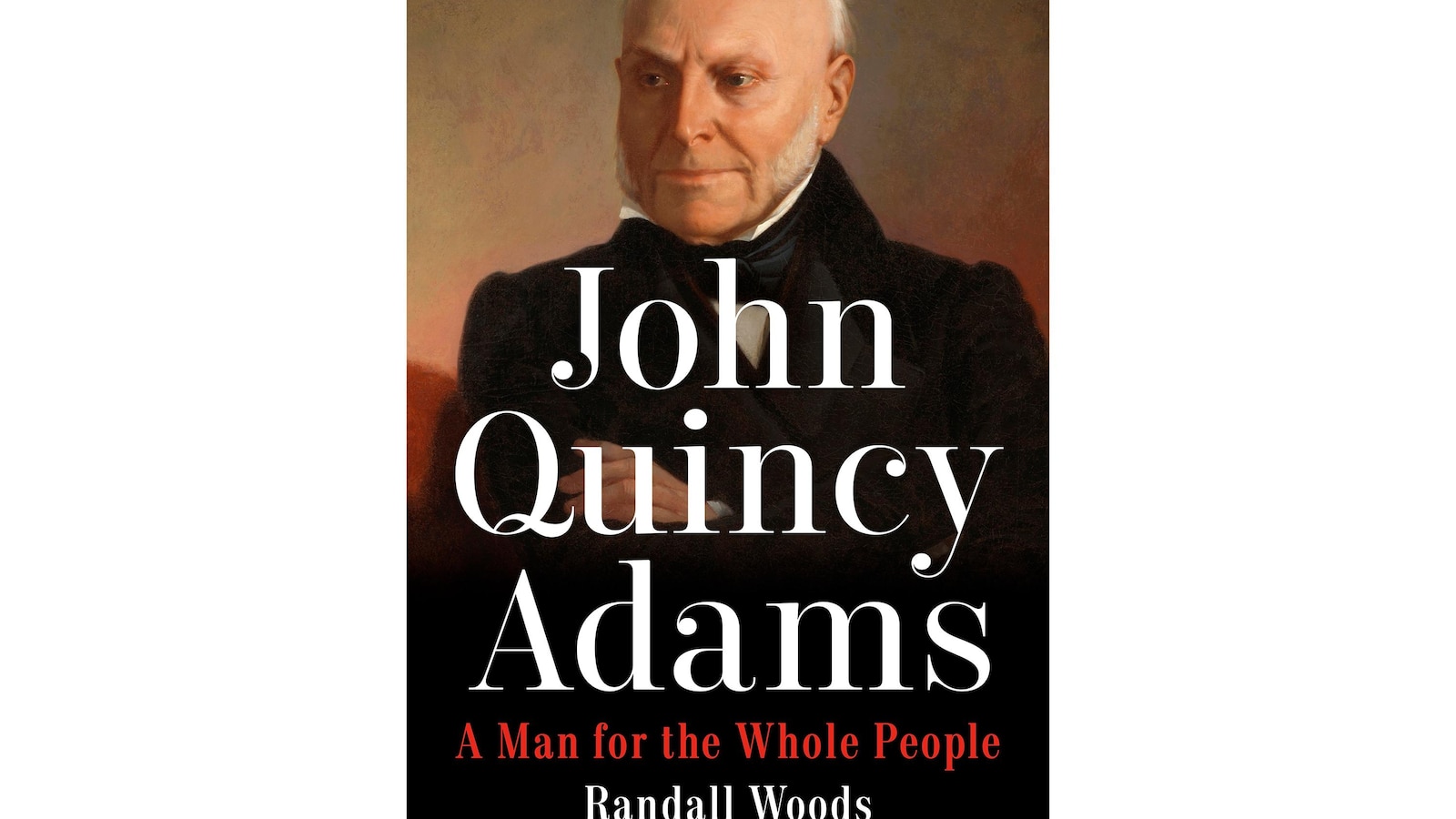To be clear, “John Quincy Adams: A Man for the Whole People” by Randall Woods is not a relaxing read for the beach or the airport. At more than 700 pages, Woods’ biography of the sixth president is enormous in length and scope.
But that’s the kind of book Adams deserves for a life and legacy that extends far beyond his time as commander in chief to include his years as a diplomat, senator and congressman. Readers might come away from the book feeling like it could easily have been a multi-part series.
Woods, a professor of history at the University of Arkansas, expertly profiles a president whose life was defined by contradictions. Like his father, Adams despised politics but spent his life in public service. His advocacy of the country’s expansion came at the expense of the spread of slavery.
In fact, the most compelling parts of the book focus on his years outside the White House. This includes his post-presidency years in Congress, where he became an ally—albeit a weak one—of abolitionists and an outspoken opponent of the “gag rule” in the House of Representatives that prevented discussion of slavery.
It also shows the influence that Adams’ father, the nation’s second president, and the other Founding Fathers had on his view of the country and public service.
The biography sheds light on Adams’ relationships with figures throughout history, from Andrew Jackson to Daniel Webster. But what is even more illuminating are his personal relationships, especially with his family, with Woods showing the strain that his years of service brought.
Woods also uses Adams’ life to tell the story of the country’s evolution, and his descriptions of life in the nation’s capital are among the most entertaining. This includes a story about Adams as president nearly drowning in the Potomac River, where he regularly swam.
In his later years, the book describes, Adams exchanged letters with a British actor about the merits of William Shakespeare’s play “Hamlet.” As Woods writes, Adams fully identified with Shakespeare’s fallen angel and viewed the play as a cautionary tale for the nation.
Whether or not readers view Adams’ life as a cautionary tale, Woods’ biography is a sweeping look not only at his life, but also at the early years of the republic.
___
AP Book Reviews: https://apnews.com/hub/book-reviews





















